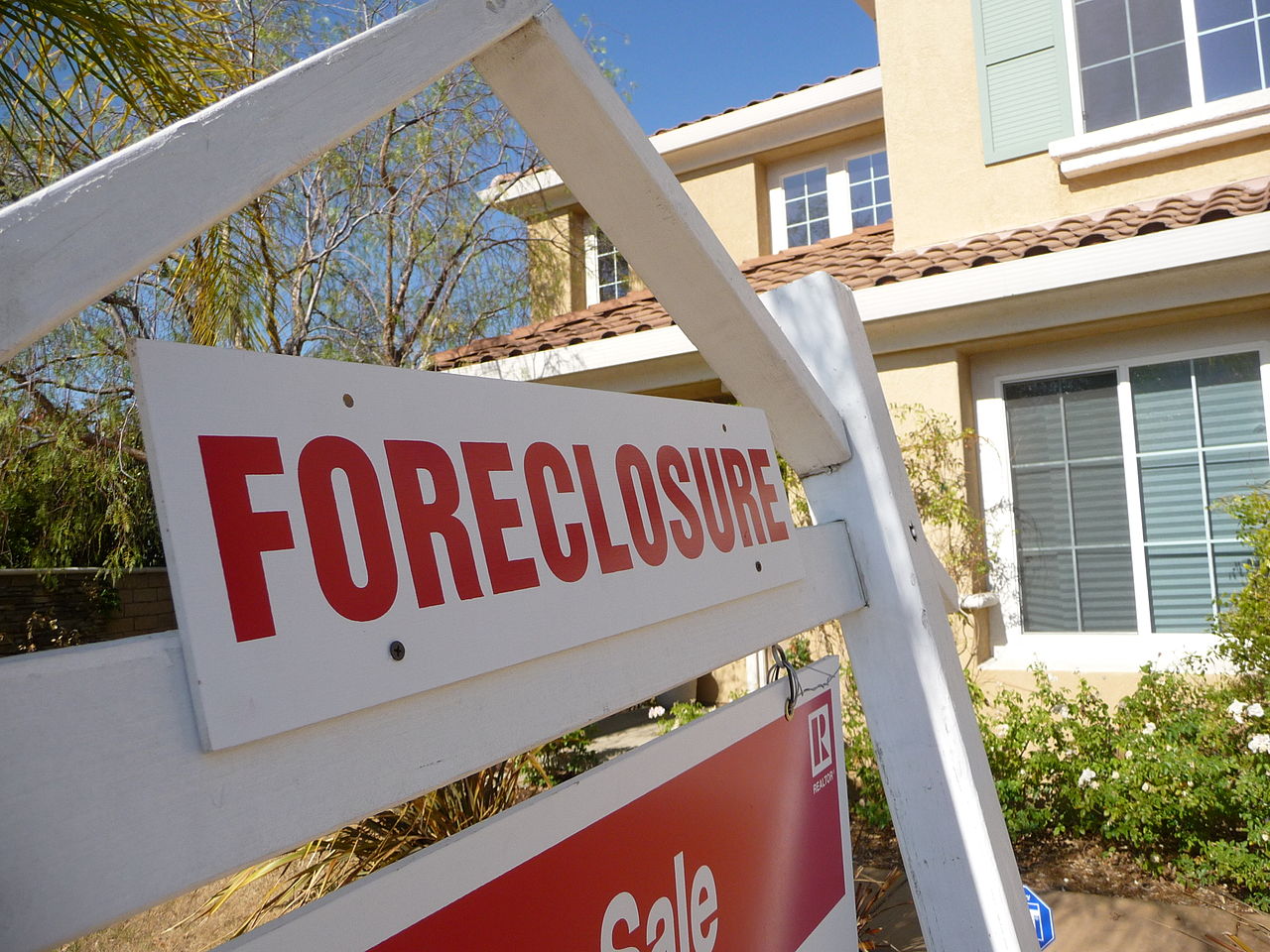Six real estate terms every distressed homeowner should know
 Getting a notice for defaulting on a mortgage is a first-time experience for most homeowners. Once they receive one, they try to explore various options to stop their lender from taking away their home. They draw a blank when they browse the Internet to gather information and speak to counselors because they don’t comprehend the financial terms frequently thrown around in the real estate industry.
Getting a notice for defaulting on a mortgage is a first-time experience for most homeowners. Once they receive one, they try to explore various options to stop their lender from taking away their home. They draw a blank when they browse the Internet to gather information and speak to counselors because they don’t comprehend the financial terms frequently thrown around in the real estate industry.
Here are six real estate terms you should be familiar with, if you are behind on your mortgage payments:
Foreclosure
Your lender will recover the balance of a loan from you if you have stopped making payments. They will initiate the foreclosure proceedings to sell your home that you used as the collateral for the mortgage. Once you miss a few mortgage payments, you will receive a notice of default to inform you that your foreclosure has been initiated. As soon as you receive a notice of default, your home will be ‘under foreclosure’. You can explore various options including loan modification, refinancing, short sale or bankruptcy to avoid foreclosure.
Deed in lieu of foreclosure
If you choose ‘deed in lieu’ option to avoid foreclosure, you will have to pass on your interest in the title to your lender. They will own the title after a deed-in-lieu. The lender can then sell the property or auction it to recover the due amount of loan. A ‘deed-in-lieu’ is a better option than foreclosure because it doesn’t damage your credit rating as severely as a foreclosure does.
Short sale
While deed-in-lieu is transferring the title of the property to your lender, a short sale occurs when you find a third-party buyer (when your home is under foreclosure) and sell the home to him or her. Your lender should approve the sales price being offered by the buyer.
Deficiency Balance
Let’s say your lender gave you their approval to sell your home to a buyer for $300,000 even when you owe them $330,000. So even after selling your home, you owe your lender the balance amount of $30,000. This is called deficiency balance.
Deficiency judgment
In some states, your lender can approach a court to seek a judgment against you for recovering the deficiency balance. To ensure that the lender cannot obtain a deficiency judgment against you following a short sale, the short sale agreement must expressly state that the transaction is in full satisfaction of the debt and that the lender waives its right to the deficiency.
Chapter 7 and Chapter 13 Bankruptcy
You can approach a court and file for bankruptcy if all other foreclosure alternatives have failed. Most bankruptcy applications in foreclosure cases are filed under Chapter – 7 and Chapter – 13. You should consult with a lawyer to determine whether you should file under Chapter – 7 or Chapter – 13.
You can opt for Chapter – 7 bankruptcy if you can’t pay your mortgage because you have no disposable income. Chapter-13 bankruptcy is a better option if you can pay back at least a portion of your debts through a repayment plan. It’s quite obvious that a Chapter-13 bankruptcy has less severe impact on your credit rating than Chapter- 7 bankruptcy.
Conclusion
Most homeowners believe a notice of default to be the end of the world for them. It’s because of the lack of knowledge about the foreclosure process. You can save your home if you are aware of your legal rights and options.
